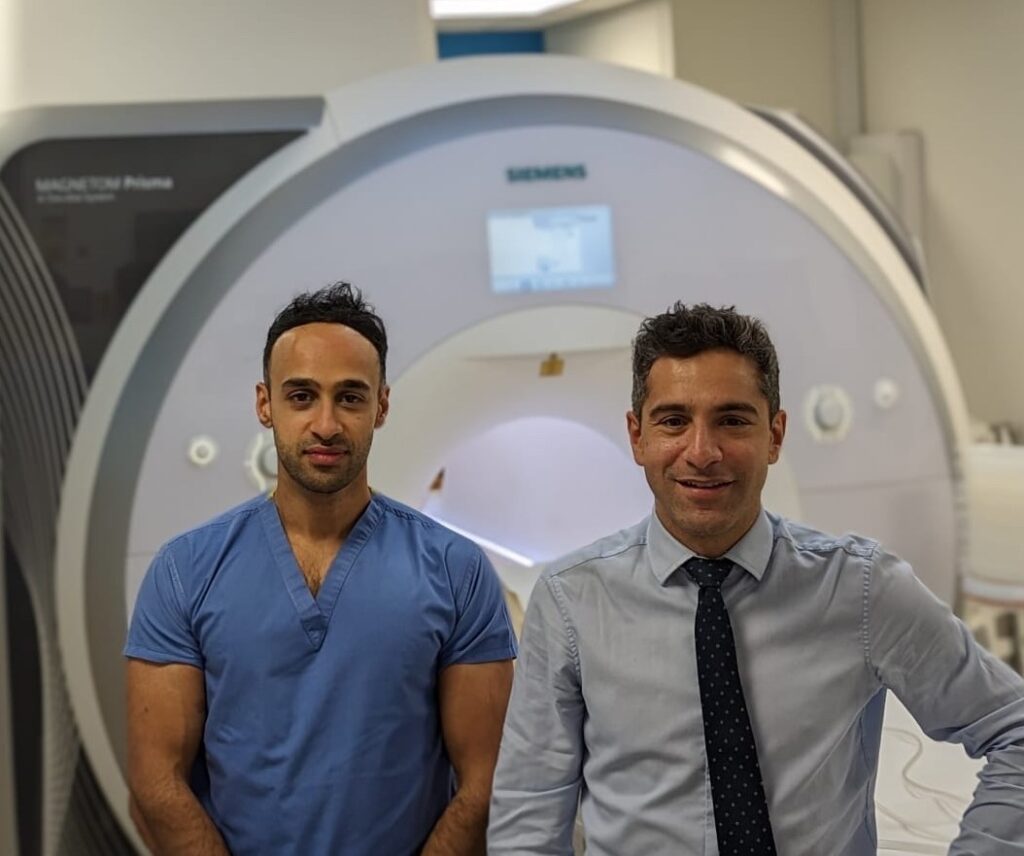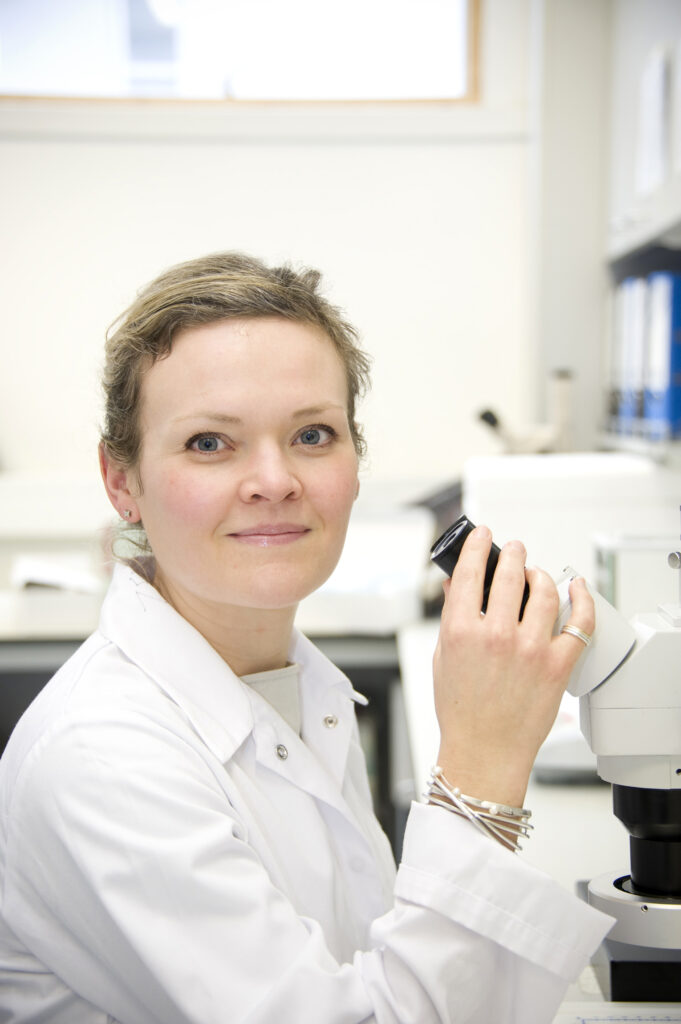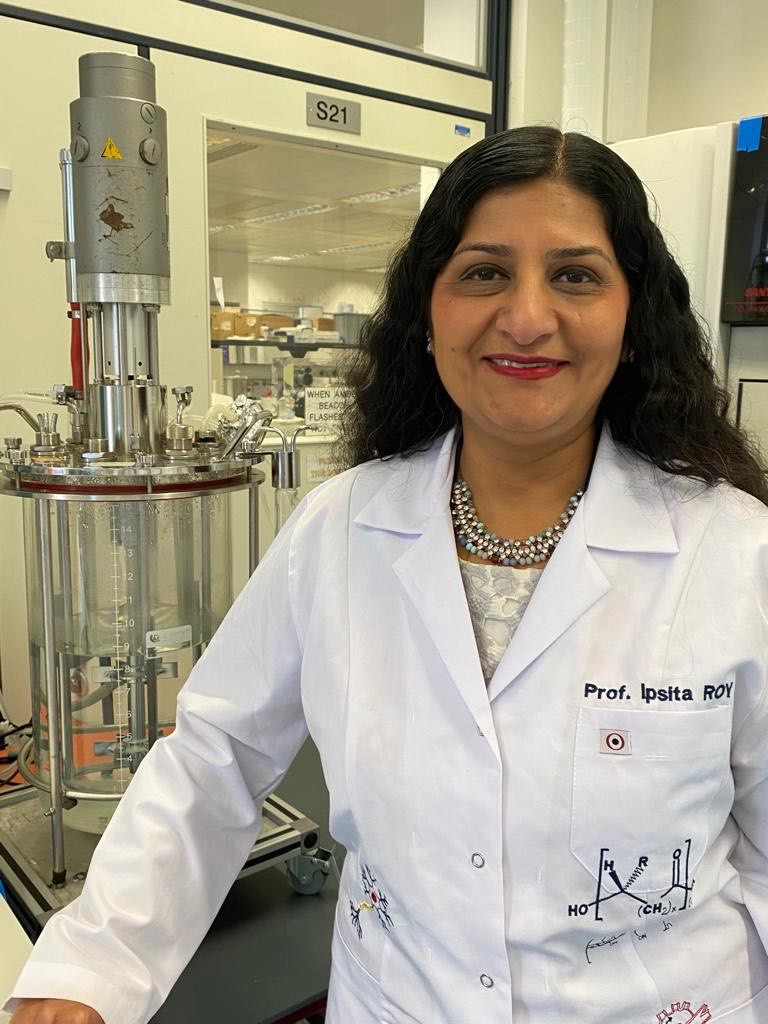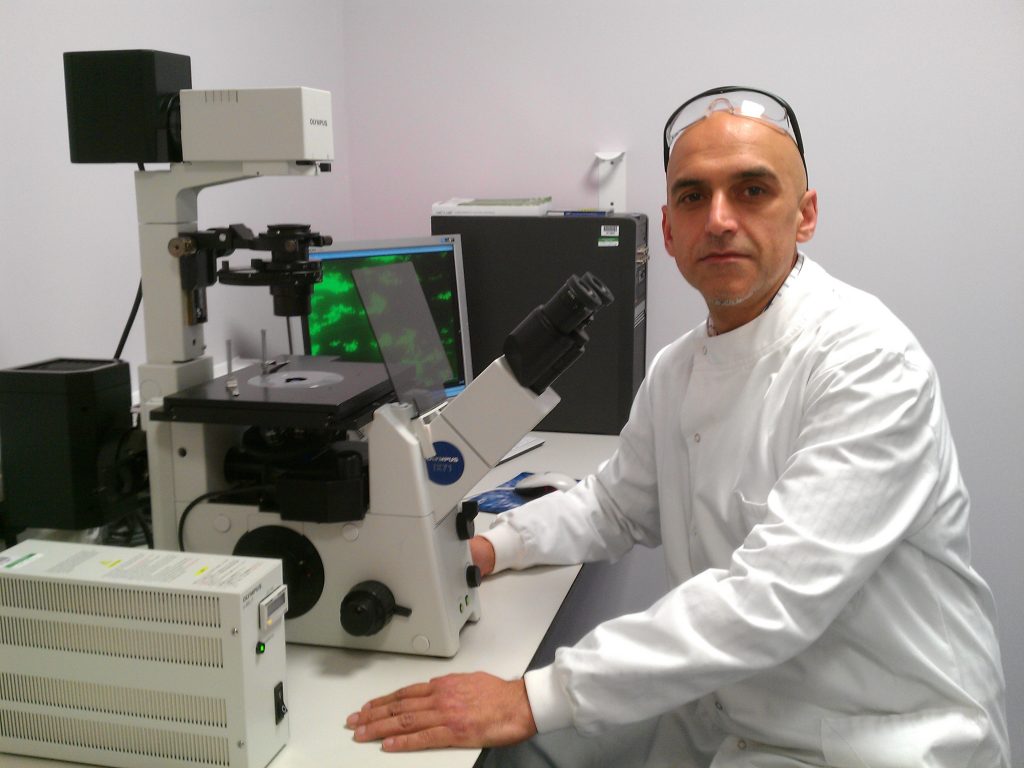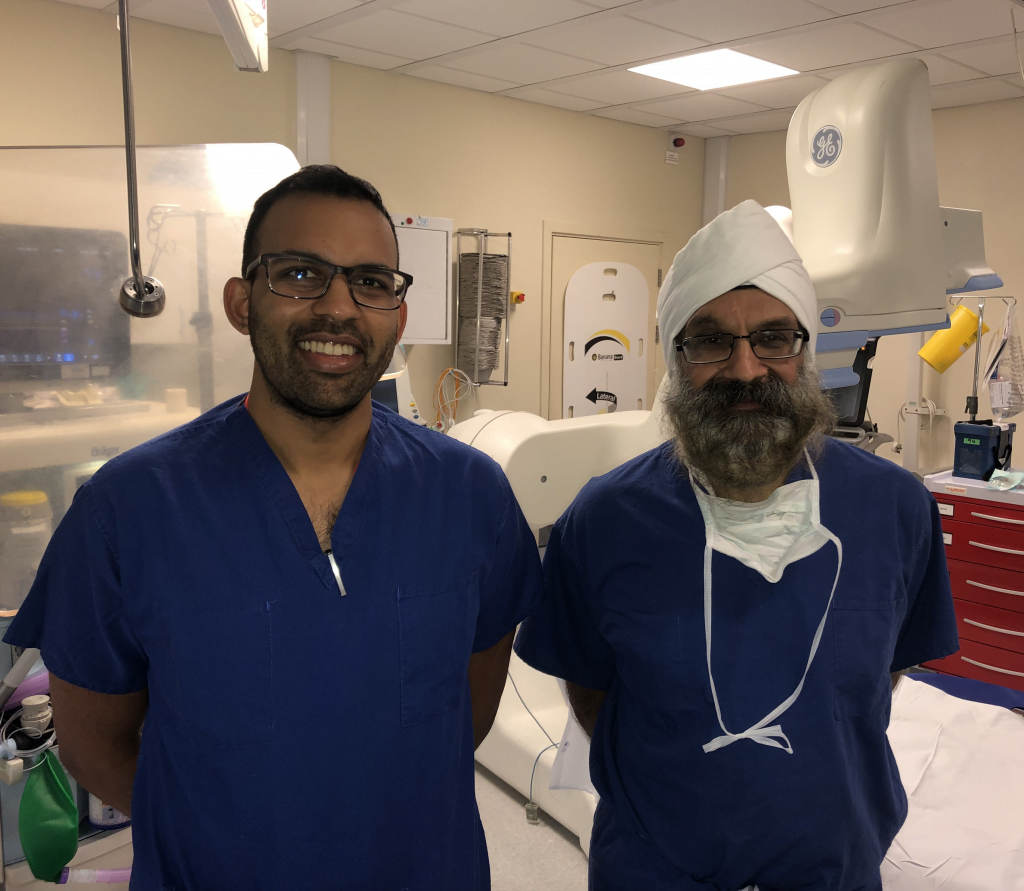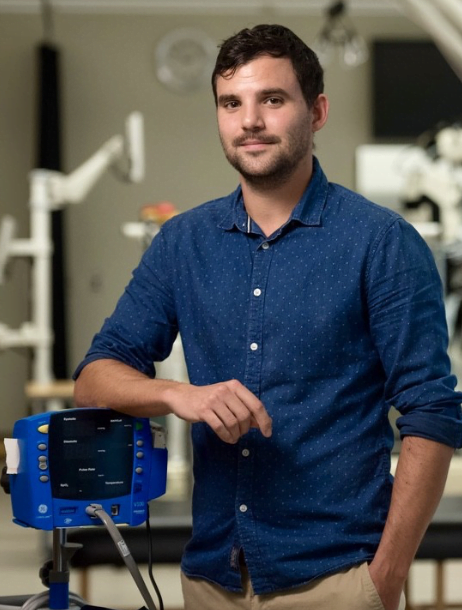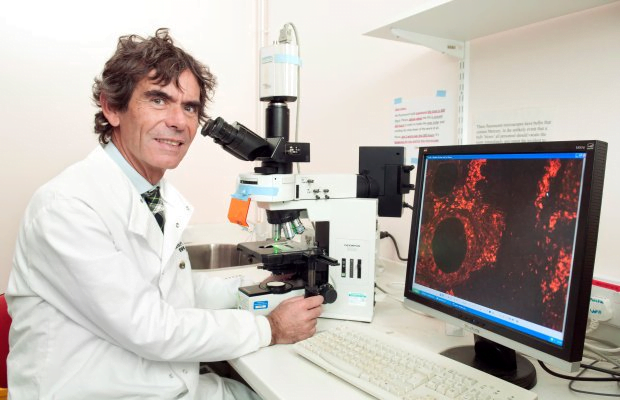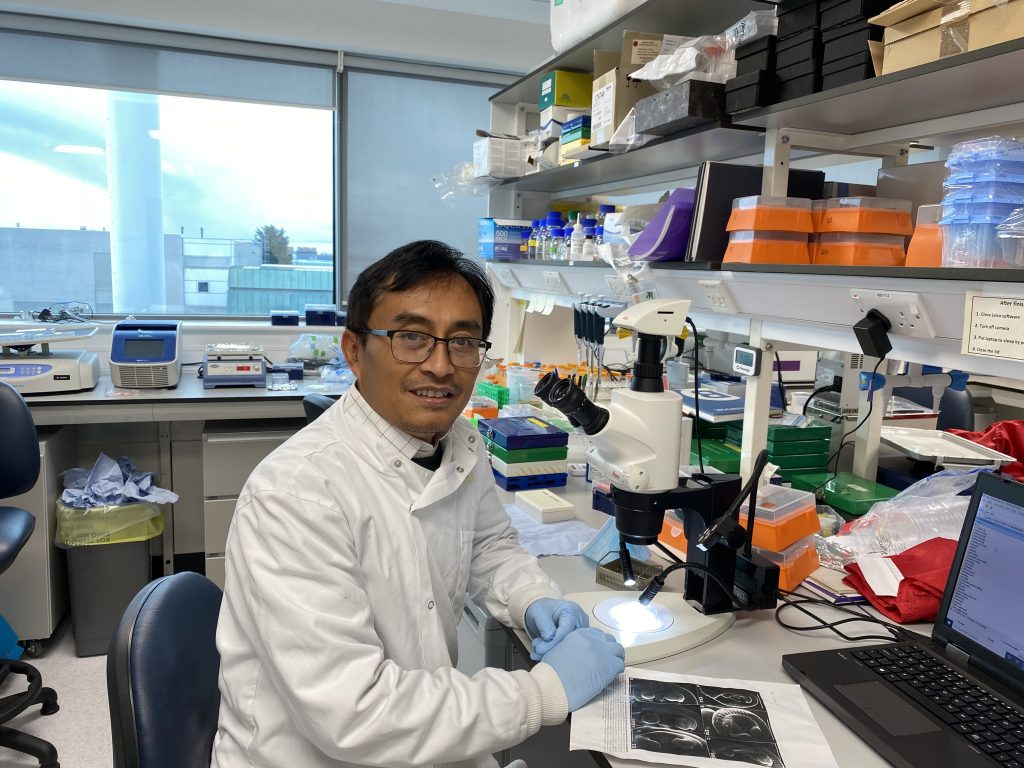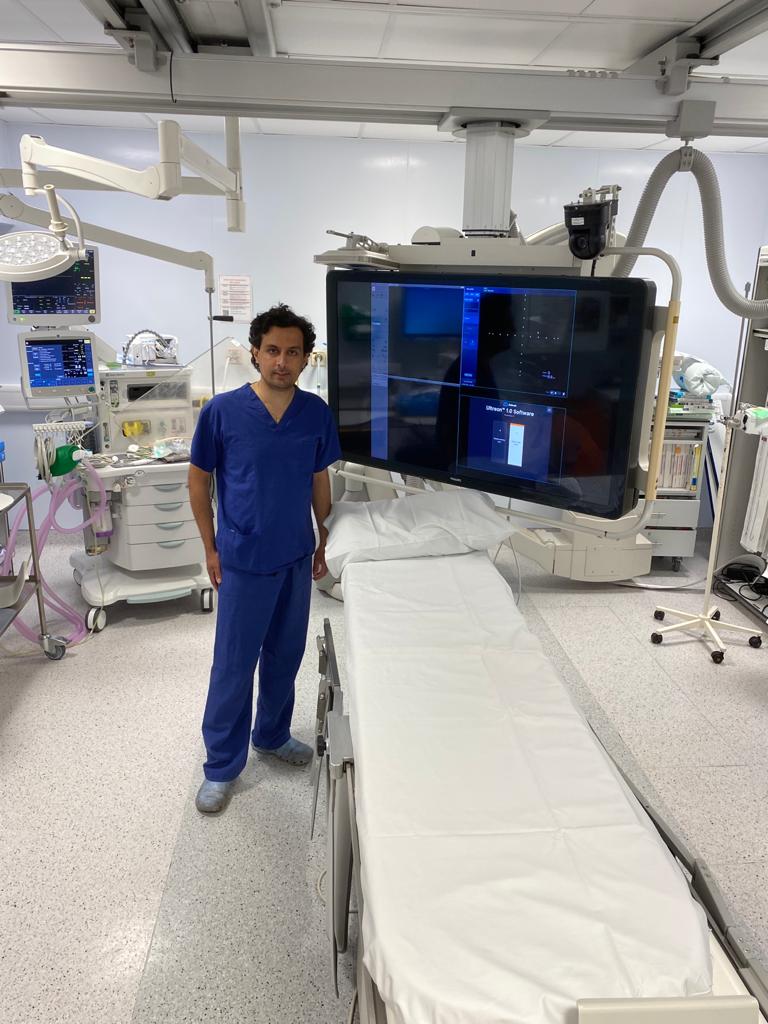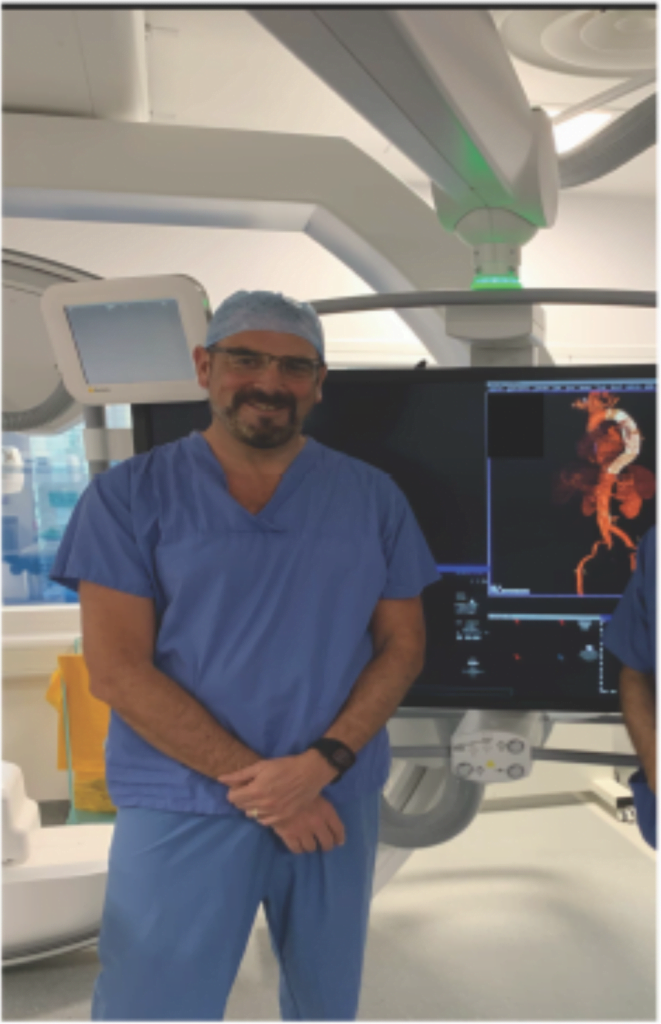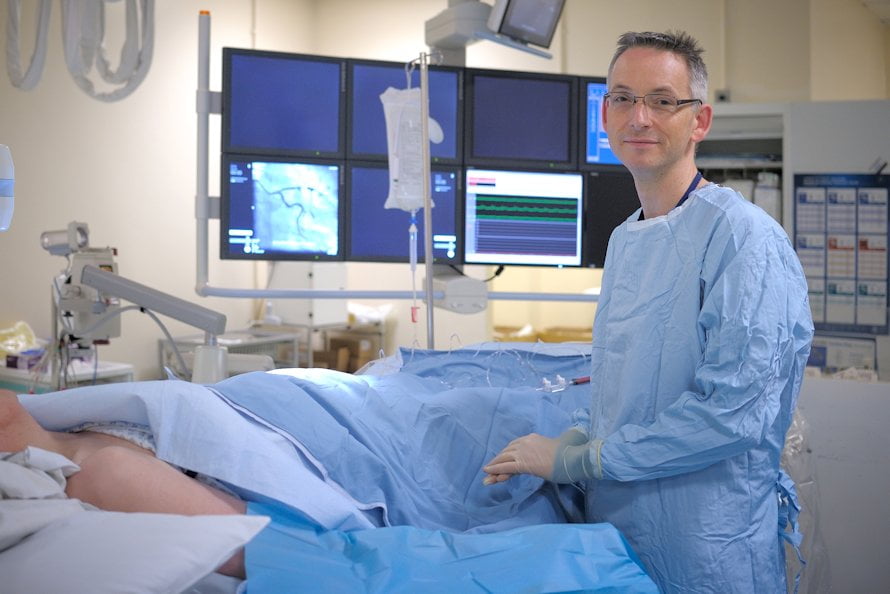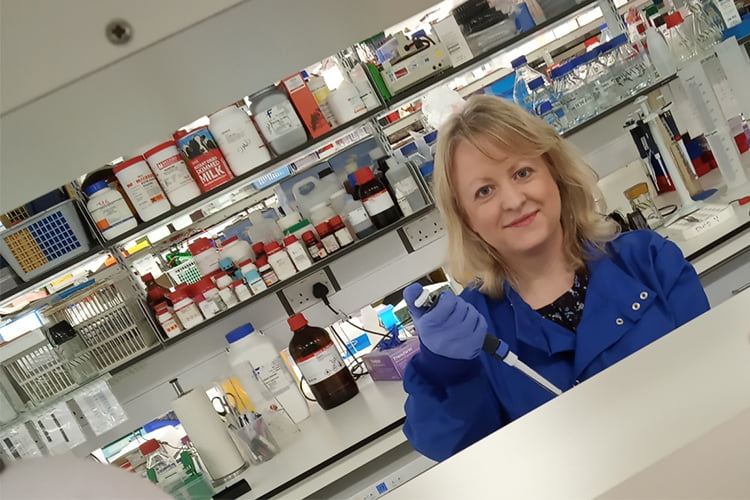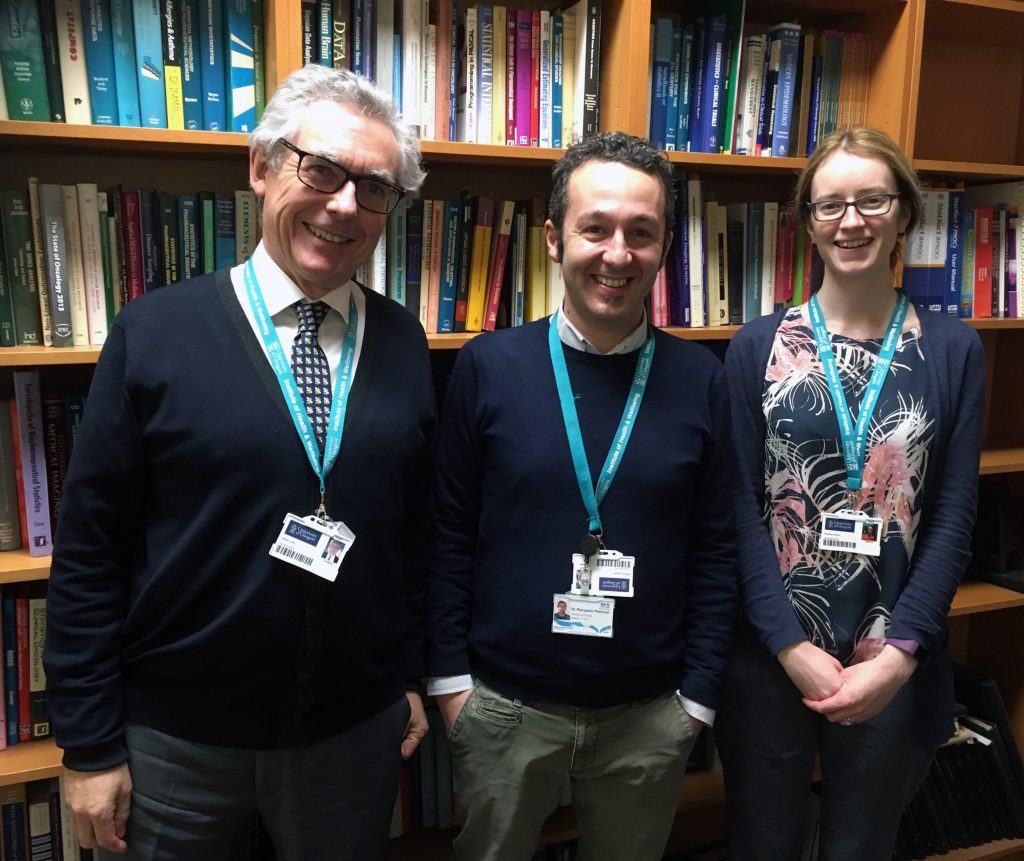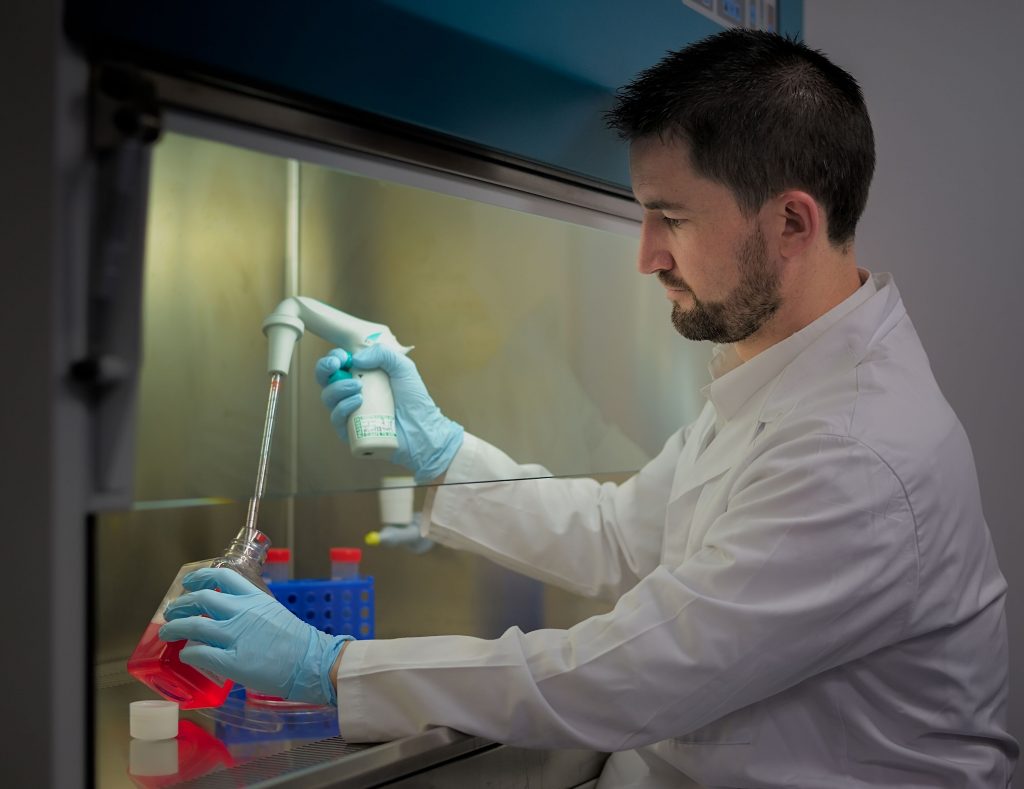COVID-19 Research Grant
Prof Sandosh Padmanabhan, University of Glasgow
Amount: £250,000

Summary: Research has shown that people who have certain other medical problems, including high blood pressure, have a higher risk of developing severe COVID-19. This project will investigate the links between COVID-19 infection and high blood pressure which may help to improve the long-term outcomes for survivors of COVID-19.
The COVID-19 pandemic is the biggest medical challenge of recent years. COVID-19 is caused by a virus which mainly affects the lungs, but it can also affect other parts of the body including the heart and blood vessels. Research has shown that people who are older, obese, male or those who have other medical problems including high blood pressure, heart disease, diabetes, cancer, or chronic lung conditions, have a higher risk of developing severe COVID-19. High blood pressure is a major risk factor for cardiovascular disease and is very common with more than one quarter of adults in the UK affected.
The virus causing COVID-19 enters the body’s cells through a receptor called ACE2 which is found in the lungs, heart, blood vessels, kidneys, liver, and bowel. ACE2 is very important for maintaining many of the body’s important processes including blood pressure, inflammation, and wound healing. Some of the medicines used to treat high blood pressure and heart disease may change the level or function of ACE2 which could have good or bad effects during COVID-19 infection. Also, COVID-19 can cause damage to the walls of the blood vessels which makes the risk of blood clots higher and this has been seen more often in people with high blood pressure. The reasons for this are not yet known which is why we need to understand more about the links between COVID-19 and high blood pressure.
This study aims to answer whether: –
- High blood pressure makes COVID-19 infection worse and if so, why.
- COVID-19 infection makes high blood pressure worse and if so, why.
- Monitoring and management of high blood pressure needs to be a greater priority during the pandemic.
The project will be divided into the following three parts: –
- Part 1 will look at routinely collected health records for people in the West of Scotland who attended hospital or had a positive test for COVID-19 between April 2020 and April 2021. This will be compared to the records of patients who attended hospital during 2019, for another reason. The team will also extend this to look in detail at a group of people with high blood pressure who attend the Glasgow Blood Pressure Clinic.
- Part 2 will study a group of people that have recovered from COVID-19 infection who will undergo blood pressure monitoring, and tests of heart and blood vessel health. These tests will be repeated after 12 and 18 months to see if there have been any changes. They will be compared to a group of people who have not had COVID-19.
- Part 3 will look at markers in the blood (biomarkers) with the aim of identifying any which are linked with high blood pressure, cardiovascular disease, or death in COVID-19.
This study will give us a better understanding of the links between COVID-19 infection and high blood pressure, and help to improve the long-term outcomes for survivors of COVID-19. Also, the findings may lead to recommendations on the monitoring and management of blood pressure during the pandemic.







